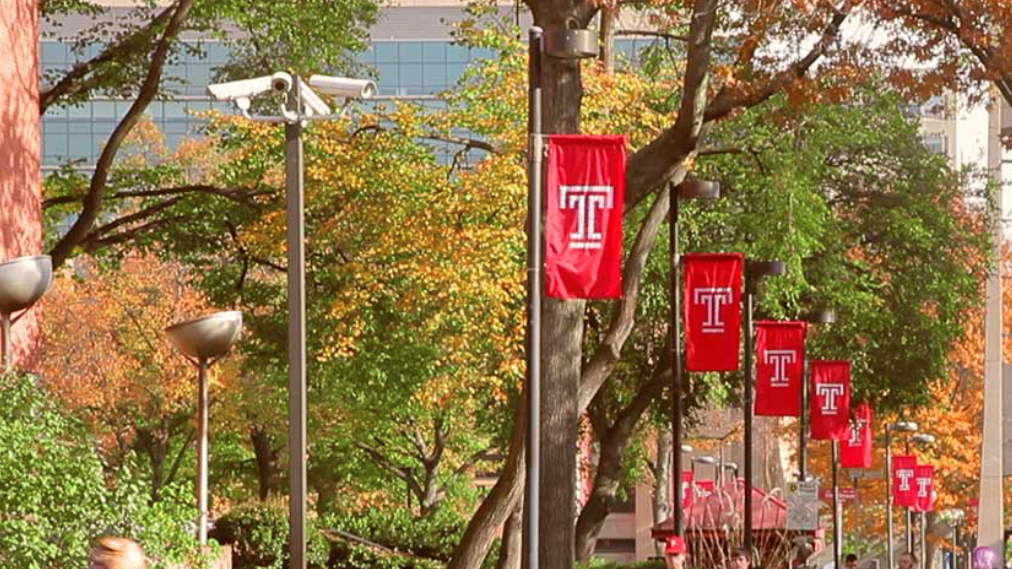 Simple everyday tasks, like making coffee, are quite complex from a neuropsychological perspective. Visual systems are recruited to find and identify objects, spatial and motor systems to grasp and use objects, memory processes are essential to keep track of what has been done, and so on. For this reason, people experience difficulties performing everyday tasks after even mild brain changes due to aging, damage, or disease. Difficulties performing everyday tasks are associated with outcomes that are very meaningful to people, including quality of life, independence, and positive mood.
Simple everyday tasks, like making coffee, are quite complex from a neuropsychological perspective. Visual systems are recruited to find and identify objects, spatial and motor systems to grasp and use objects, memory processes are essential to keep track of what has been done, and so on. For this reason, people experience difficulties performing everyday tasks after even mild brain changes due to aging, damage, or disease. Difficulties performing everyday tasks are associated with outcomes that are very meaningful to people, including quality of life, independence, and positive mood.
The primary goals of the Cognitive Neuropsychology Laboratory at Temple University are to develop and refine theories of everyday task performance in order to understand the breakdown of everyday task performance following brain damage or disease, and develop and evaluate interventions to improve everyday task performance.
Education also is a primary mission of our laboratory. Housed within the Temple University Psychology Department, graduate and undergraduate students engaged in higher education form the core of our team and play a role in every stage of ongoing research projects. The educational philosophy of the laboratory is informed by traditions of life-long learning, open science, rigorous scholarship, and egalitarianism.
*Tania Giovannetti is recruiting a new graduate student for AY 2026- 2027.
Thanks to all those who have applied! Tania will be reviewing applications over the next few weeks and will be making decisions about interviews by January 2027. Happy Holidays!
Message from Tania to prospective applicants: Applications are due Nov 15. If you have emailed me and I have not replied, I apologize! If you have a question that you need answered before you decide to apply, please email back. However, if you know you are going to apply, emailing me will not influence your application at all. More application information may be found here.
Application FAQs
Do you accept students who apply to the Cognitive Neuroscience PhD program? No. I recruit students from the Clinical area application pool.
Am I a good fit for your lab? Students who train in my lab typically have a strong interest in neuropsychology, aging, everyday function, and technology applications to cognitive/behavior/function assessment and interventions for cognitive impairments.
What is your mentorship style? I try to take a supportive and collaborative approach to mentoring. I also work to adapt to students needs, as everyone has different strengths and goals. My mentoring approach is constantly evolving as I learn more.
What projects do you have planned for the next few years? We currently have a grant under review and the result of that process will impact the lab’s specific future directions. I should know more before the end of the year, precluding a lengthy government shut down. Regardless of the grant news, we plan to continue our work on inexpensive technology solutions to understanding and quantifying everyday function and improving everyday function and healthy lifestyle behaviors in older adults.
I am interested in using neuroimaging in my research, is the Temple Cognitive Neuropsychology Lab a good fit for me? Our lab does not conduct neuroimaging studies, but we work with collaborators who do (i.e., David Smith and Ingrid Olson at Temple- structural and functional MRI) and investigators at the Penn Memory Center (AD biomarker PET imaging). So, there are opportunities to incorporate and learn neuroimaging methods.m However, if you are interested in developing a research program where neuroimaging is your primary focus, then our lab might not be the best fit for you.
Does the Temple Clinical Psychology Phd Program have a neuropsychology track? No. However, students who train in my lab meet the APA criteria for major area of study at the doctoral level. All of the students in my lab obtain clinical neuropsychology training in Philadelphia-area hospitals, complete their thesis and dissertation on neuropsychology-related topics, and most also obtain the Temple neuroscience specialization. All go on to obtain neuropsychology-focused internships and engage in neuropsychological research and/or clinical activities after graduation. Tania advises a Temple chapter of ANST and is engaged in the neuropsychology community.
